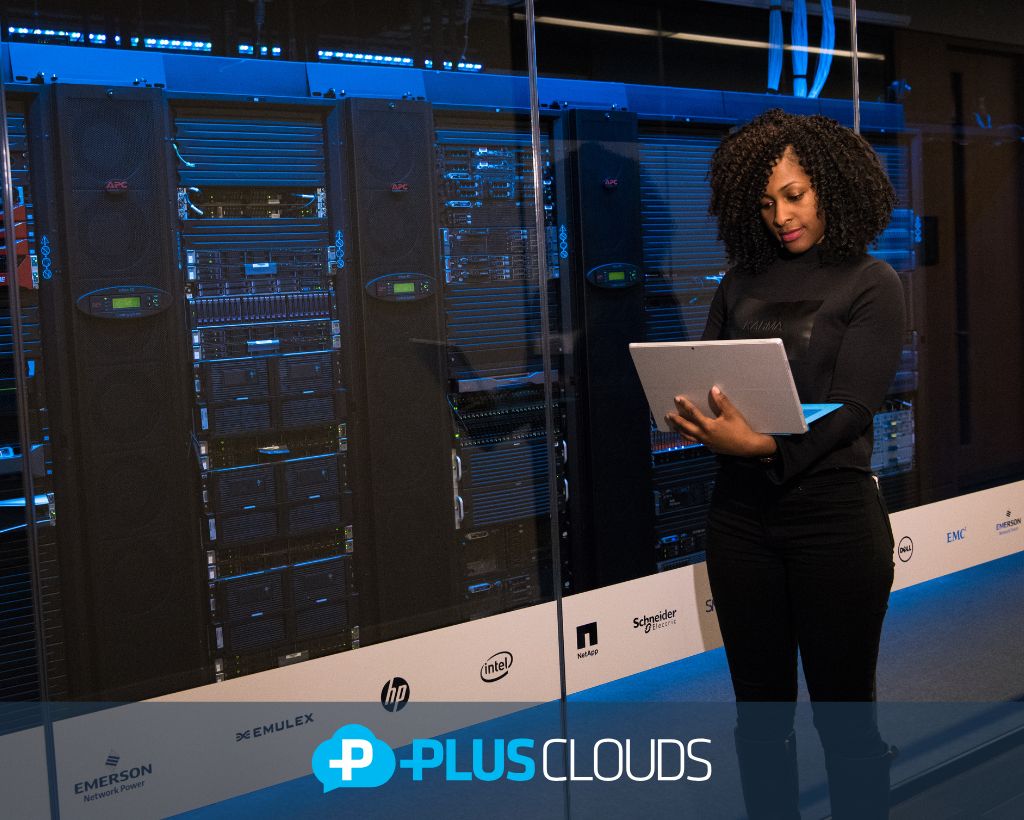
With the advancing technology, processes requiring high computing power, such as big data processing, simulation, and modeling, are becoming increasingly important every day. For organizations that deal with large volumes of data and execute complex calculations, a standalone cloud server may not be sufficient. One of the methods used to perform these types of processes quickly and efficiently is High-Performance Computing (HPC) systems. So, what is HPC, how does it work, and in which fields is it used? In this article, we will examine all the details.
What is HPC (High-Performance Computing)?
HPC refers to computer systems capable of processing very large data sets and complex calculations at high speeds. HPC systems typically accelerate computation processes by enabling hundreds or thousands of processors to work in parallel. Unlike standard computer systems, HPC systems are supported by specialized network architectures, supercomputers, and distributed computing systems.
History of HPC
The concept of HPC began to develop with the emergence of supercomputers in the 1960s. The first supercomputers were designed for scientific research and military applications and were used for calculations requiring high processing power. Since the 1980s, HPC systems have become more common and accessible for commercial use. Today, HPC systems play a critical role in fields such as machine learning, big data analytics, and simulation technologies.
Basic Components of HPC
An HPC system generally consists of the following components:
Supercomputers: These are computer systems with high processing power. They can process large data sets by running processors (CPU or GPU) made up of thousands of cores in parallel. Practically, to acquire a supercomputer, multiple machines can be combined to provide the power and speed that a single machine cannot deliver.
Parallel Computing: HPC systems allow tasks to be divided among many processors, enabling parallel execution of processes. This allows large-scale computations to be completed much faster.
Distributed Computing: HPC sometimes requires multiple computers to work together. In this case, a distributed computing infrastructure is used to increase processing power.
High-Speed Networks: HPC systems require high-speed data transfer to process large data sets. Therefore, specialized network technologies and data transmission protocols are used.
Storage Systems: As large amounts of data must be stored in HPC systems, high-performance and low-latency storage solutions are utilized.
How Does HPC Work?
The principle of HPC systems' operation is the division of a specific job among different processors to be executed simultaneously. Processes are carried out in parallel according to predetermined algorithms and workload distribution strategies. This allows calculations that would take days to complete using a single processor to be completed in hours or minutes using HPC systems.
HPC systems are often managed with specialized software and programming languages. Some commonly used software and tools in HPC environments are:
MPI (Message Passing Interface): A protocol used to facilitate communication between different processors in HPC systems.
OpenMP (Open Multi-Processing): A technology used for shared-memory parallel programming.
CUDA and OpenCL: Technologies used to perform high-performance computations on graphics processing units (GPUs).
Slurm and PBS: Popular job schedulers used for workload management in HPC systems.
Applications of HPC
HPC systems are widely used in many different sectors and scientific research fields. Here are some common application areas of HPC:
1. Scientific Research HPC is used to perform complex physical and chemical simulations. For example: Climate modeling and weather forecasting Genetic research and bioinformatics analyses Astrophysics and space research
2. Engineering and Industry The use of HPC in engineering is quite common. For example: Aerodynamic analyses in the automotive and aerospace sectors Durability tests in structural engineering Reservoir simulations in the oil and gas industry
3. Finance and Economics HPC is also used in the finance sector for big data analyses and algorithmic operations. For example: Risk analysis and forecasting models Stock market simulations Cryptocurrency mining
4. Health and Medicine In the medical field, HPC plays a significant role in developing disease diagnosis and treatment methods. For example: Drug discovery and molecular simulations Medical imaging analyses Genomic research
5. Artificial Intelligence and Machine Learning Machine learning and artificial intelligence applications require working with large data sets. HPC systems accelerate the training of deep learning models.
Challenges and Limitations of HPC
While HPC systems offer many advantages, they also present some challenges:
High Cost: Supercomputers and HPC infrastructures are expensive systems in terms of installation and maintenance.
Energy Consumption: HPC systems can consume large amounts of energy, increasing operating costs.
Software Compatibility: Software developed for HPC systems typically needs to be customized and optimized.
Expertise Requirements: Effective use of HPC systems requires expertise.
Future of HPC
HPC technology is evolving more and more every day. Especially quantum computing, cloud-based HPC, and artificial intelligence-supported computing are the main areas determining the future direction of HPC. It is expected that HPC will become more common with large-scale data centers, energy-efficient supercomputers, and faster processors.
PlusClouds for HPC Infrastructure!
Establishing and managing HPC infrastructure can be a complex process. At this point, PlusClouds provides the high-performance computing solutions that businesses and researchers need! By combining multiple machines, a supercomputer can be produced, and systems requiring significant resource usage, such as Kubernetes and Docker Swarm clusters, can be easily managed. The advantages provided by PlusClouds include:
Flexible and Scalable Infrastructure: PlusClouds offers scalable infrastructure solutions based on your needs, helping optimize costs.
Containerized System Automation: The supercomputer enables the automation of processes such as managing, scaling, and deploying a large number of containers. This allows applications with many containers to be optimized.
Easy Management Panel: With its user-friendly interface, you can quickly manage your HPC resources and optimize your workloads.
Security and Data Protection: It ensures the protection of your data with high-security standards and penetration tests.
Start exploring PlusClouds' services now!
Conclusion
HPC (High-Performance Computing) is a critical technology used in various fields, from big data processing to artificial intelligence, engineering simulations to health research. It allows complex calculations to be completed in a short time thanks to parallel processing and supercomputers. HPC, which is actively used in many sectors today, is expected to become even more common in the future, continuing to guide new-generation technologies.





